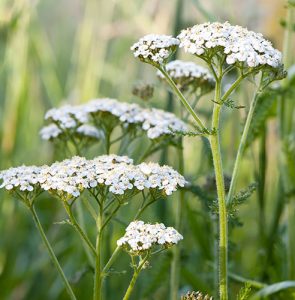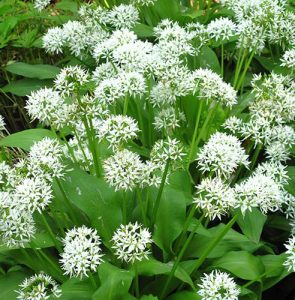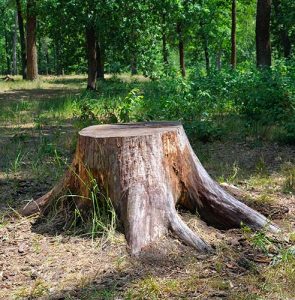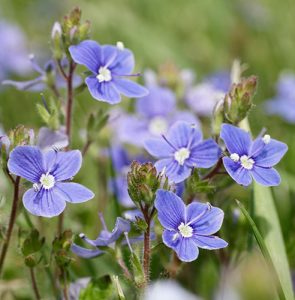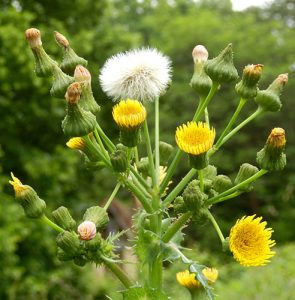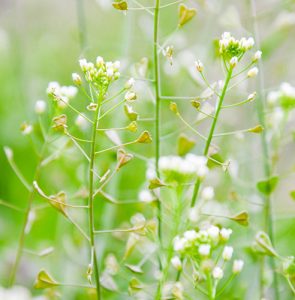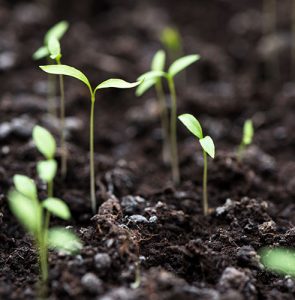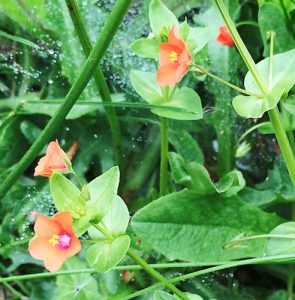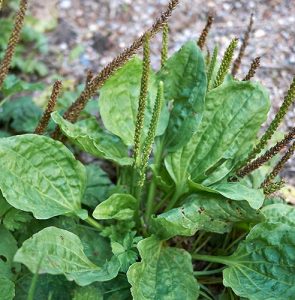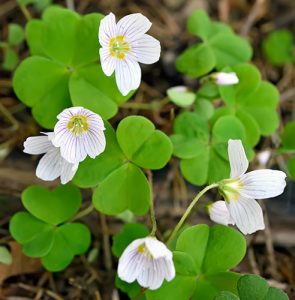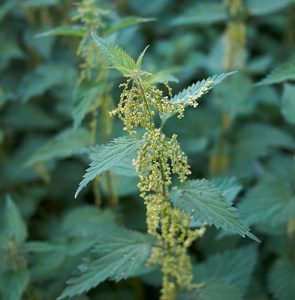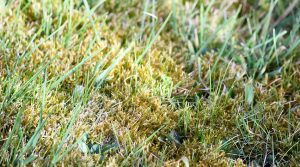-
(Allium ursinum) Wild garlic is a very attractive wildflower, which looks lovely in woodlands. However, in the garden it can be a difficult weed to control, if it grows where you don’t want it.
-
When trees die in the garden or have to be taken down for other reasons, you should always remove the resulting stump. Otherwise this can cause other problems.
-
(Veronica species) Although speedwells’ blue flowers look attractive, these creeping perennial weeds can spread significantly and can smother other plants and takeover the garden.
-
(Sonchus species) Sow thistles are annual and perennial weeds that grow just about everywhere in the garden. They produce lots of seeds and quickly spread to become a problem.
-
(Capsella bursa-pastoris) Shepherd’s purse is a fast growing weed that produces huge numbers of seeds and seedlings, which can quickly colonise large areas of the garden.
-
(Numerous species) Many ornamental flowering plants will self-seed if their seed heads are left in place after flowering. As this results in lots of young plants, they may be regarded as “weeds”.
-
(Anagallis arvensis) Scarlet pimpernel is an annual wildflower that has spreading stems that grow profusely all over the garden at which point it is regarded as a weed.
-
(Oxalis corniculata, Oxalis debilis and Oxalis latifolia) Several species of oxalis are attractive garden plants. But there are some species that can become difficult weeds to deal with, if they are left to grow out of control.


